The economic gap divides the peloton
The increasing gap between the super teams that dominate the peloton and attract the best riders, and the large middle class that has to settle for the scraps they leave behind, continues to generate criticism. The latest to comment on the issue has been a character who never holds back, Jonathan Vaughters, in an interview with the well-known portal Cycling News.
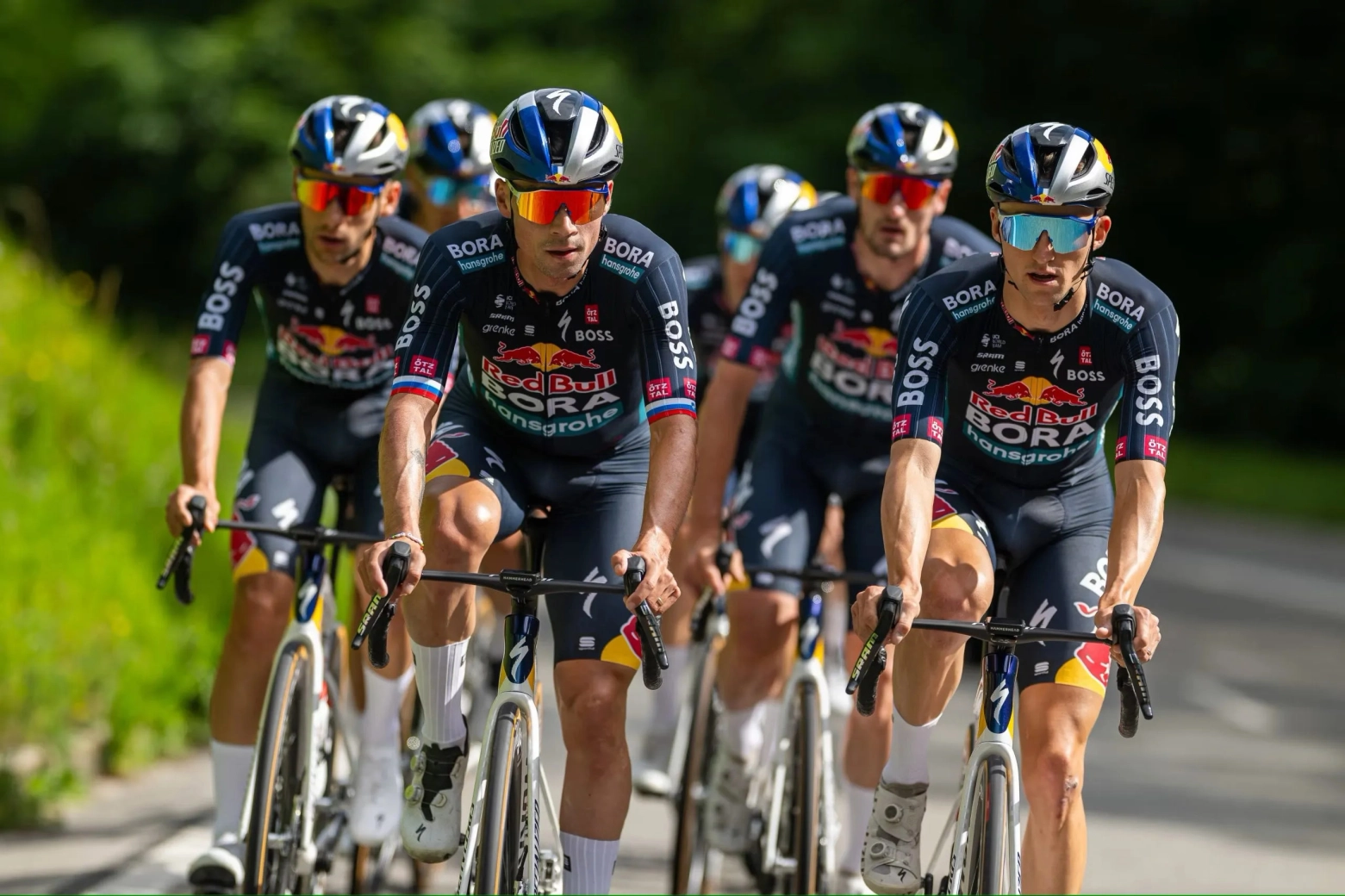
Jonathan Vaughters advocates for regulating transfers and establishing financial controls on teams
Inequality continues to increase in cycling. We see it with megastructures like UAE Team Emirates-XRG, Visma-Lease a Bike, or Red Bull-BORA-hansgrohe, who, with their checkbooks, not only hoard the best cyclists in the world, making it very difficult for others to compete on equal terms, but also tie their cyclists with long contracts that promise to deepen the sporting and economic gap that has emerged in the World Tour.
In contrast, the rest of the teams see their chances of winning decreasing and have to satisfy their sponsors with other types of narratives and objectives. One of the teams that has been working on this the best, with intense work on image and selling a philosophy of cycling, even beyond the road, is Jonathan Vaughters' EF Education-EasyPost, who expressed his opinion on the direction that cycling is currently taking.
RECOMENDADO
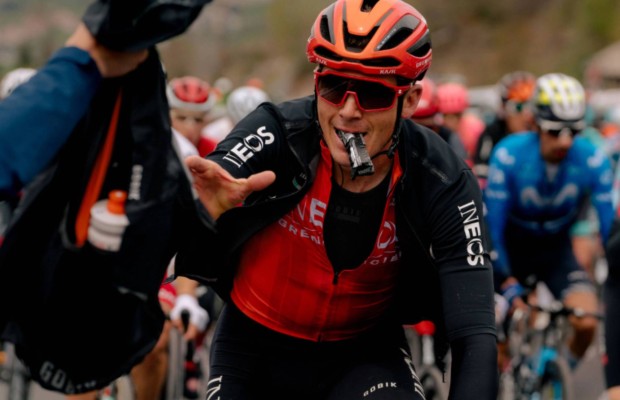
What are nitrates and why will they give you an extra boost in your performance on the bike?

How to wash your bike at a gas station without ruining it
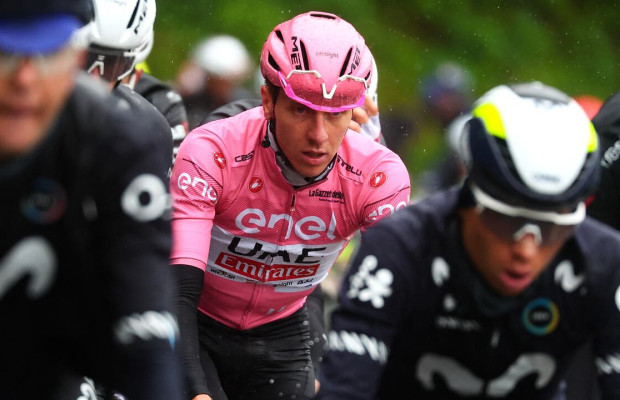
Tips for staying motivated to go out riding when cold, rain or night lurk

How to choose the right crankset and cassette: a guide to find the right ratio and extend the life of your bike
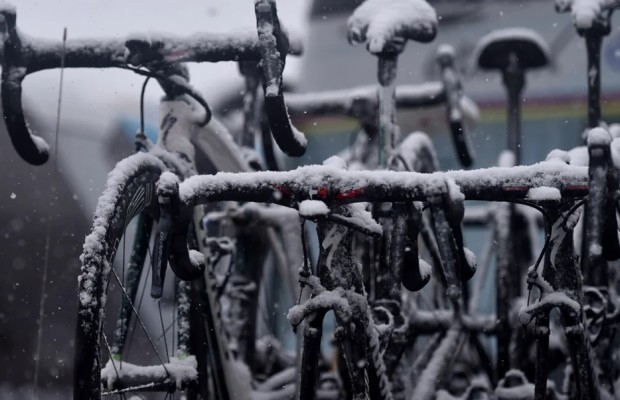
Can I go cycling with the flu or a cold?
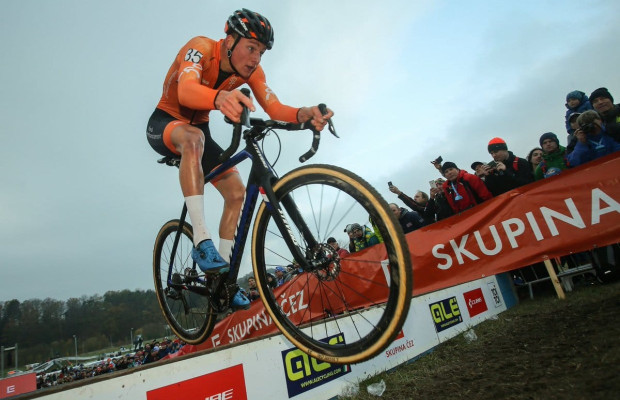
He invented the idea of jumping over the planks, which earned him a World Championship against Van der Poel
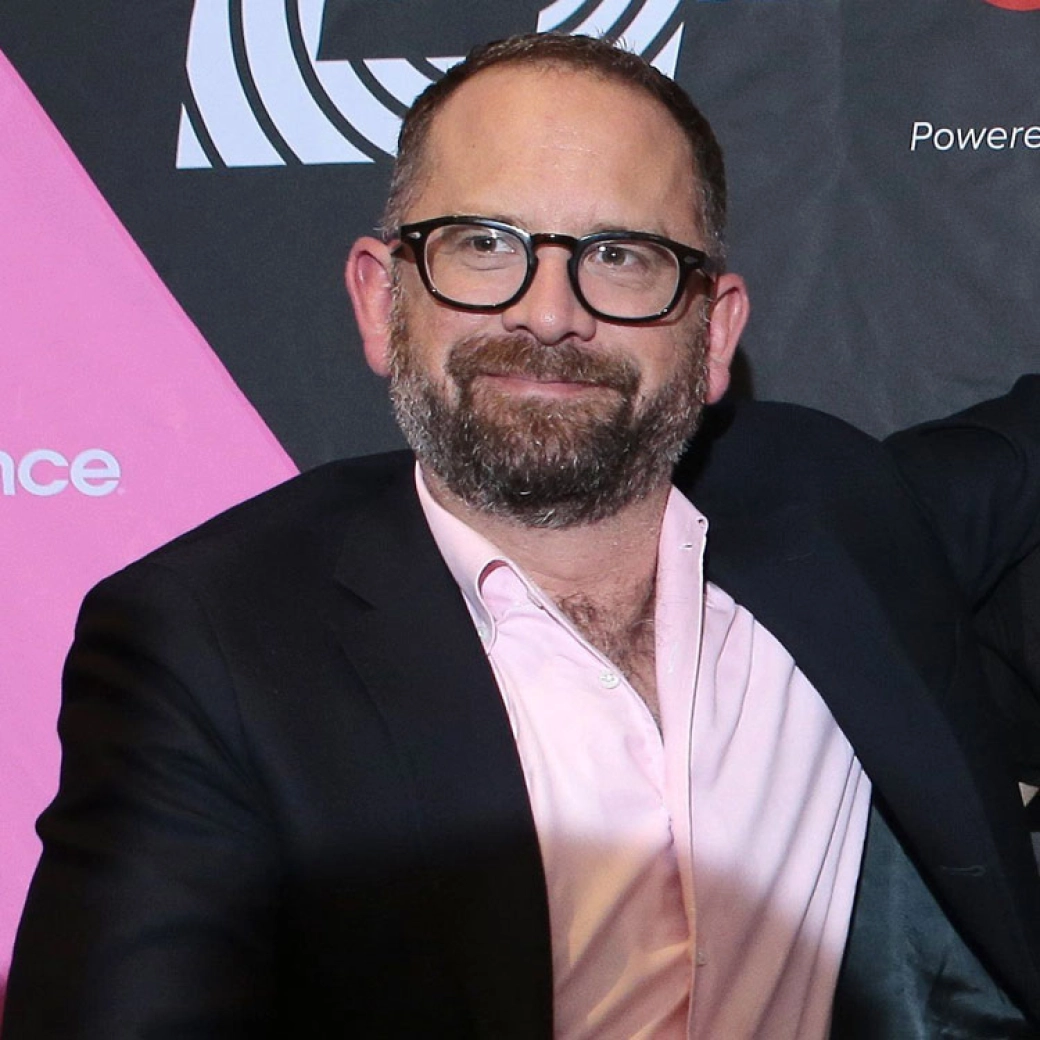
The owner of EF Education-EasyPost did not hesitate to draw a comparison with professional leagues in the United States "If we look at sports that are successful in creating large audiences, they are generally sports in which, in a given year, any team can become the winning team" referring to what happens in sports like the NBA or the NFL where a draft system is established in which the teams with the worst classification from the previous season are the first to choose in the Draft, so they can opt to have the best players the following year.
Obviously, for this to work, there are budget limits that are strictly applied, not in the creative way it is done in, for example, football where the gap between teams and leagues creates tremendous inequalities at a sporting level.
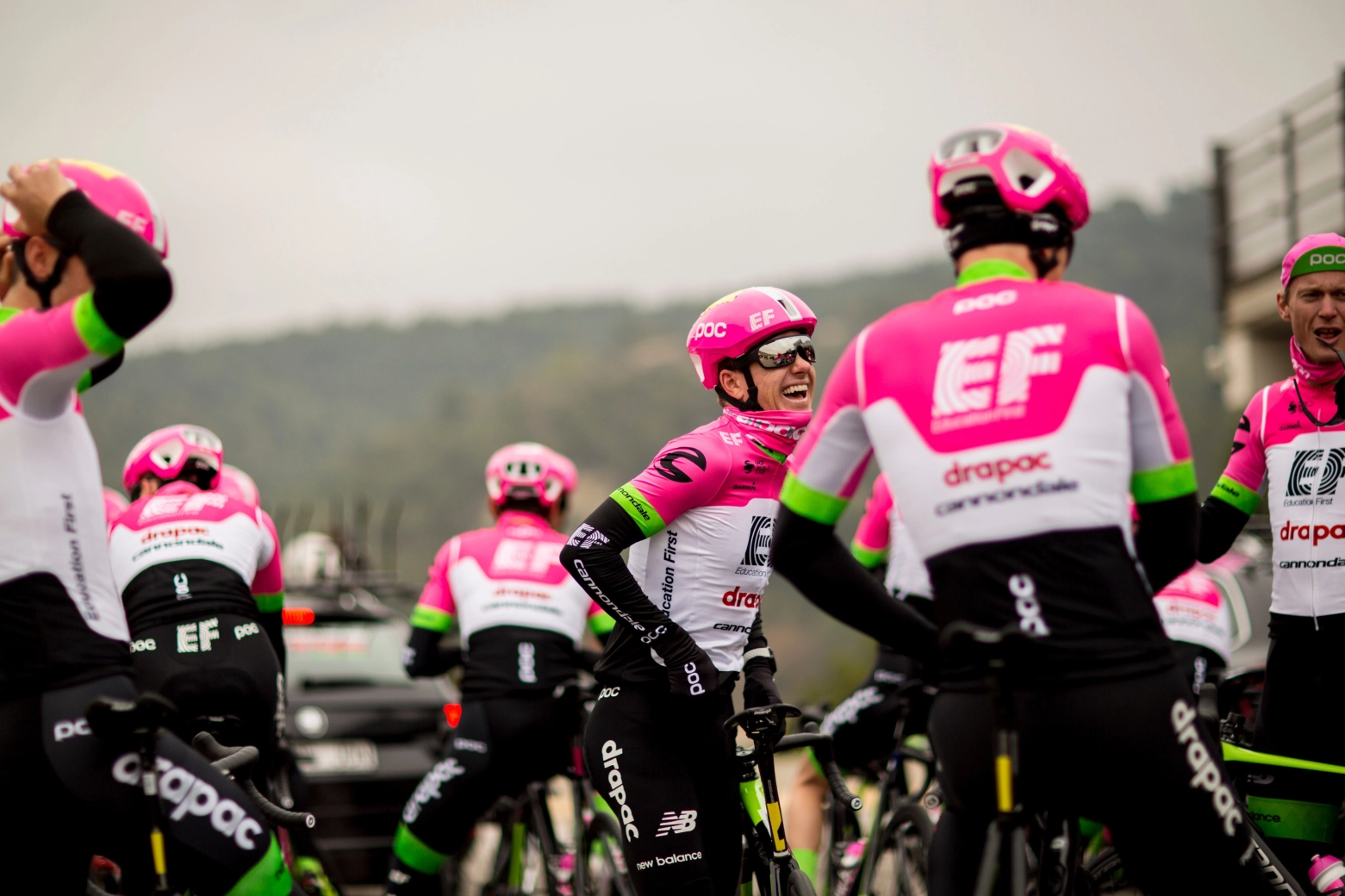
The problem with cycling for Vaughters is that "it's not that it has a better or worse system, there is simply no system. The problem is that there are no limits. In practice, in current cycling, success can be bought".
The problem with super teams is that only a very small number, for example, will be able to compete for a Tour de France victory. In addition, the level of contribution from sponsors like Emirates or Red Bull is raising the cost of cycling, so the contribution of any new sponsor that comes in will have to be higher, without even guaranteeing success against these super teams.
This could mean that these sponsors may consider investing in other sports before cycling, "What is achieved is to discourage sponsors from entering the sport. A point is reached where it becomes increasingly difficult for teams like Intermarché or any other to find their place in the sport, find a sponsor, because they cannot sell the dream of winning the Tour de France".

The only solution left for teams like EF Education-EasyPost is to make the most of their sponsors' investment in other ways, such as better management of social networks and the image of their riders with intense marketing work and setting achievable but more modest goals "We want to win, so we will have to figure out where, how, and when we can win on our own terms, and not try to take on something that is unsustainable for the size of the team we have here".